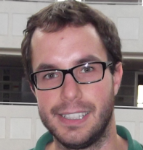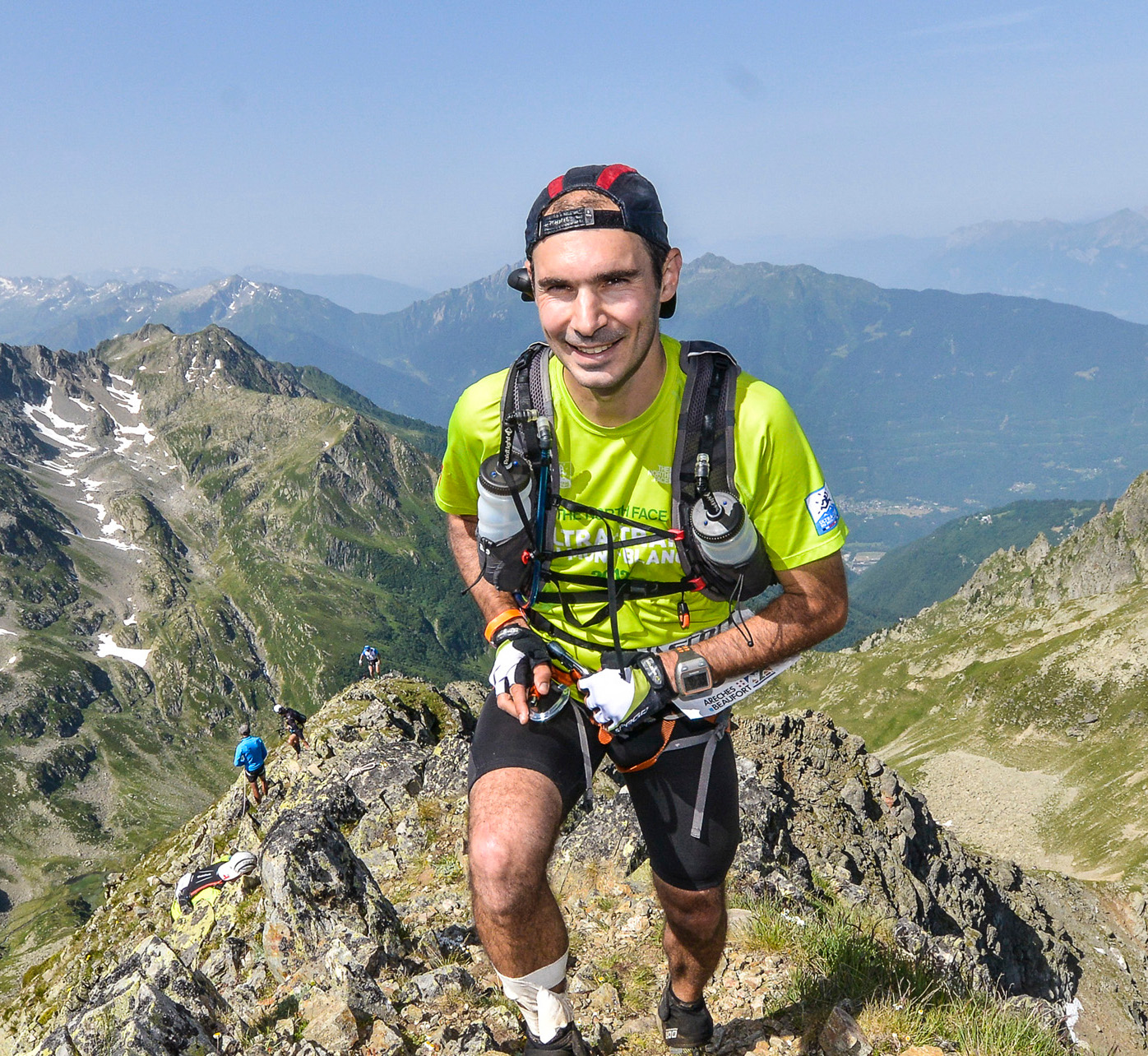Daniel Campora | Maastricht University, the Netherlands
Daniel "DHCP" Campora received his PhD in Computer Engineering from the Universidad de Sevilla, and has worked at CERN between 2010 and 2019. He has focused on Data Acquisition in the ATLAS and LHCb detectors, moving data in an efficient manner in a real-time environment, and in High Performance Computing at LHCb, processing and filtering those data at a high throughput.
He likes to keep up with the latest processor developments and software techniques, multi and manycore alike. He is one of the lead developers of a reconstruction framework for Graphics Processing Units (GPUs) for the first data filtering stage of LHCb. He is now working in the Netherlands at a joint postdoc between Nikhef and Maastricht University.
 Andrzej Nowak
Andrzej Nowak
Andrzej Nowak spent the last 15 years at the juncture of technology, business and innovation. Between 2007 and 2014 he worked at CERN openlab - a collaboration of CERN and industrial partners such as Google, HP, Huawei, Intel, Oracle and Siemens. Andrzej was also part of the openlab CTO office, where he helped set up next-generation technology projects for CERN.
More recently, Andrzej founded a small technology and innovation consultancy (TIK Services) as well as a fintech start-up. In the last few years, he worked in management consulting in finance and in innovation management.
Andrzej co-founded various schools and course series, including the thematic CSC, that trained over 2,000 students in 17 countries.
 Danilo Piparo | CERN
Danilo Piparo | CERN
Danilo is an experimental HEP physicist and works at CERN in the Experimental Physics department since a decade.
He coordinates the Offline Software and Computing team of CMS, responsible for the delivery of the experiment's software and the distributed data processing of the data.
He previously held responsibilities in the parallelisation of the CERN software suite, most notably working on Gaudi and ROOT as well as contributing to the initial parallelisation and vectorisation of the CMS software.
He obtained a PhD in Particle Physics at the Karlsuhe Institute of Technology, Germany.
 Sebastien Ponce | CERN
Sebastien Ponce | CERN
Sebastien Ponce is a member of the EP department at CERN where he works on the LHCb software framework. He is the leader of the LHCb software upgrade targeting the LHCb run 3 and aiming at parallelizing, vectorizing and in general optimizing the LHCb code.
He has previously spent 10 years in the CERN IT department, working on Mass Storage solutions as the lead developer of the CERN Advanced Storage Manager (CASTOR), the software holding all CERN's physics data (> 150PB). He has obtained a PhD thesis at EPFL, working on parallelization of the LHCb computing software framework. He originally graduated as an engineer in the Ecole Nationale Superieure des Telecoms in Paris and before that as an engineer from the Ecole Polytechnique Paris.
 Ivica Puljak | University of Split, Croatia
Ivica Puljak | University of Split, Croatia
Ivica Puljak is Professor of physics at University of Split, Faculty of electrical engineering, mechanical engineering and naval architecture (FESB). He obtained PhD from University Pierre and Maire Curie in Paris in 2000, while working at Laboratory Leprince Ringuet (LLR) at Ecole polytechnique, Palaiseau. He was head of Department of mathematics and physics, head of Chair of physics and Vice-Dean for Science and Informatics at FESB, member of Board of governors of Institute Rudjer Boskovic in Zagreb and has been awarded with several national and international prizes for science and education. In 2011/2012 he was research associate at CERN and in 2016/2017 distinguished visiting professor at Ecole polytechnique, Palaiseau, France.
He is a member of CMS collaboration since 1994 and MAGIC collaboration since 2009. His research interests are construction of the electromagnetic calorimeter of the CMS detector, physics of the Higgs boson and astroparticle physics.
 Dorothea vom Bruch | CPPM/CNRS, France
Dorothea vom Bruch | CPPM/CNRS, France
Dorothea vom Bruch has worked in the field of high-throughput real-time data selection using GPUs for over seven years. She was responsible for track reconstruction on GPUs for the Mu3e experiment during her PhD with Heidelberg university, Germany.
Since three years, she co-leads the Allen project, which is the first software trigger stage implementation on GPUs for LHCb, to go on-line in 2022. She has worked on this project both as a Postdoc at LPNHE, CNRS, Paris, and now as research scientist with CNRS at CPPM, Marseille, France.
Her research interests also include the study of lepton flavor universality, which she studied at the PIENU experiment at TRIUMF and now at LHCb in semileptonic decays.
Teaching assistant
 Arthur Hennequin | CNRS, France
Arthur Hennequin | CNRS, France
Arthur Hennequin is a Ph.D student at CERN LHCb and LIP6 working on code optimization for high energy physics.
His research focuses on adapting codes and algorithms to better fit on modern CPU and GPU architectures.
He has a master degree in computer sciences specialized in embedded systems and computer architecture. At LHCb his main contributions have been the optimization of HLT1 and HLT2 on CPU.
